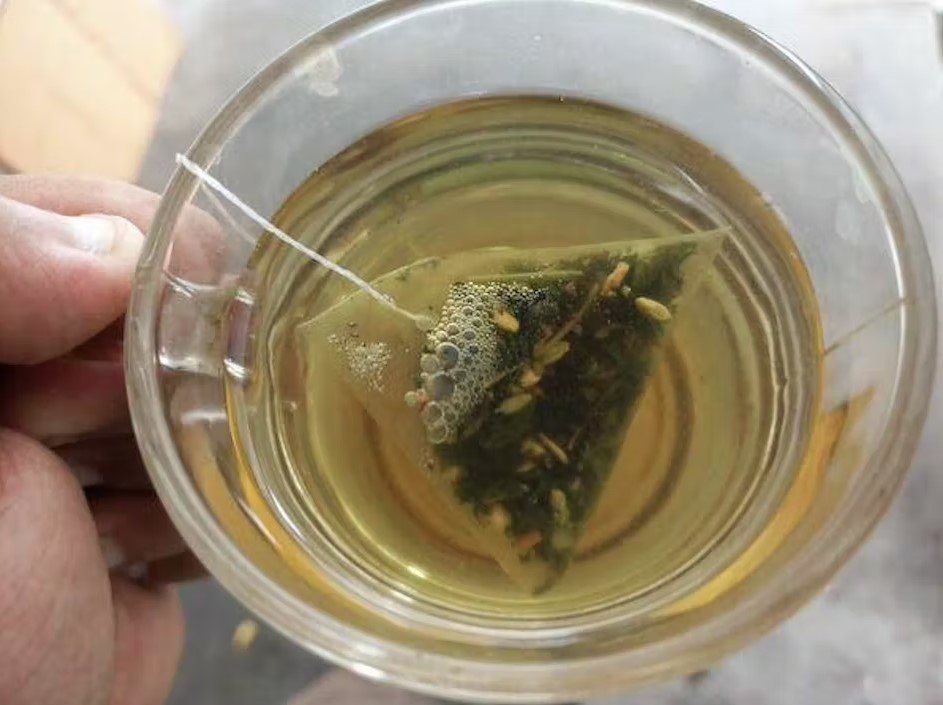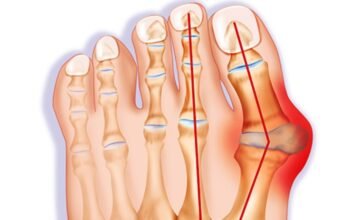Understanding Menopause and PMS: A Natural Path to Relief Through Herbal Teas
For millions of women worldwide, menopause and premenstrual syndrome (PMS) represent challenging periods marked by uncomfortable and often disruptive symptoms. While traditional medical treatments exist, an increasing number of women are turning to natural remedies, with herbal teas emerging as a gentle and effective solution for managing these hormonal transitions.
The Science Behind Hormonal Changes
Menopause and PMS are complex physiological processes driven by significant hormonal fluctuations. During menopause, estrogen and progesterone levels decline, triggering a range of symptoms including:
- Hot flashes
- Night sweats
- Mood swings
- Sleep disturbances
- Reduced metabolic rate
Similarly, PMS involves hormonal changes that can cause symptoms such as cramping, bloating, irritability, and emotional volatility. These experiences can significantly impact a woman’s quality of life, making natural management strategies increasingly important.
The Healing Power of Herbal Teas
Herbal teas offer a holistic approach to managing menopausal and PMS symptoms by providing therapeutic compounds that interact with the body’s hormonal systems. Unlike pharmaceutical interventions, these natural remedies often come with fewer side effects and additional health benefits.
Top Teas for Menopause Relief
- Black Cohosh Tea: Known for reducing hot flashes and night sweats, this herbal tea contains phytoestrogens that help balance hormone levels.
- Red Clover Tea: Rich in isoflavones, it can help mitigate mood swings and support bone health during menopause.
- Maca Root Tea: An adaptogenic herb that helps regulate hormonal fluctuations and improve overall energy levels.
Powerful PMS-Alleviating Teas
- Ginger Tea: Provides excellent relief from menstrual cramps and reduces inflammation.
- Raspberry Leaf Tea: Helps tone uterine muscles and can reduce cramping and heavy bleeding.
- Chamomile Tea: Offers calming effects that can help manage mood swings and reduce anxiety.
Brewing and Consumption Tips
To maximize the benefits of these herbal teas, consider the following recommendations:
- Use fresh, high-quality loose-leaf herbs
- Steep teas for 5-10 minutes to extract maximum nutrients
- Consume 2-3 cups daily for optimal results
- Consider consulting a healthcare professional before starting any new herbal regimen
Safety and Considerations
While herbal teas are generally safe, it’s crucial to remember that individual responses can vary. Some women might experience allergic reactions or interactions with existing medications. Always consult with a healthcare provider, especially if you have pre-existing medical conditions or are taking prescription medications.
Embracing a Holistic Approach
Herbal teas should be viewed as part of a comprehensive wellness strategy. Combine tea consumption with a balanced diet, regular exercise, stress management techniques, and adequate sleep for the most effective relief from menopause and PMS symptoms.
By understanding and leveraging the natural healing properties of herbal teas, women can navigate these significant life transitions with greater comfort, grace, and well-being.






